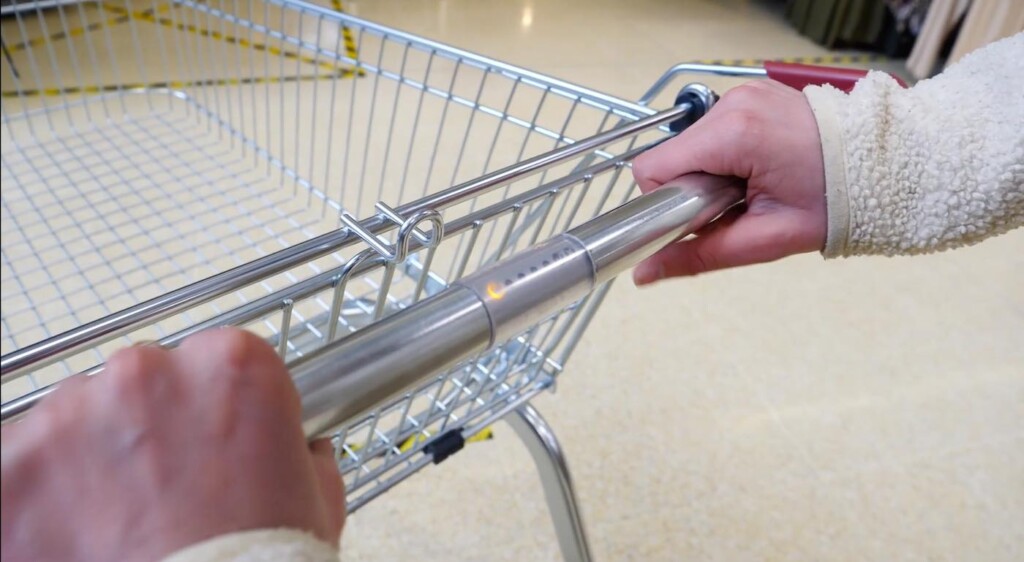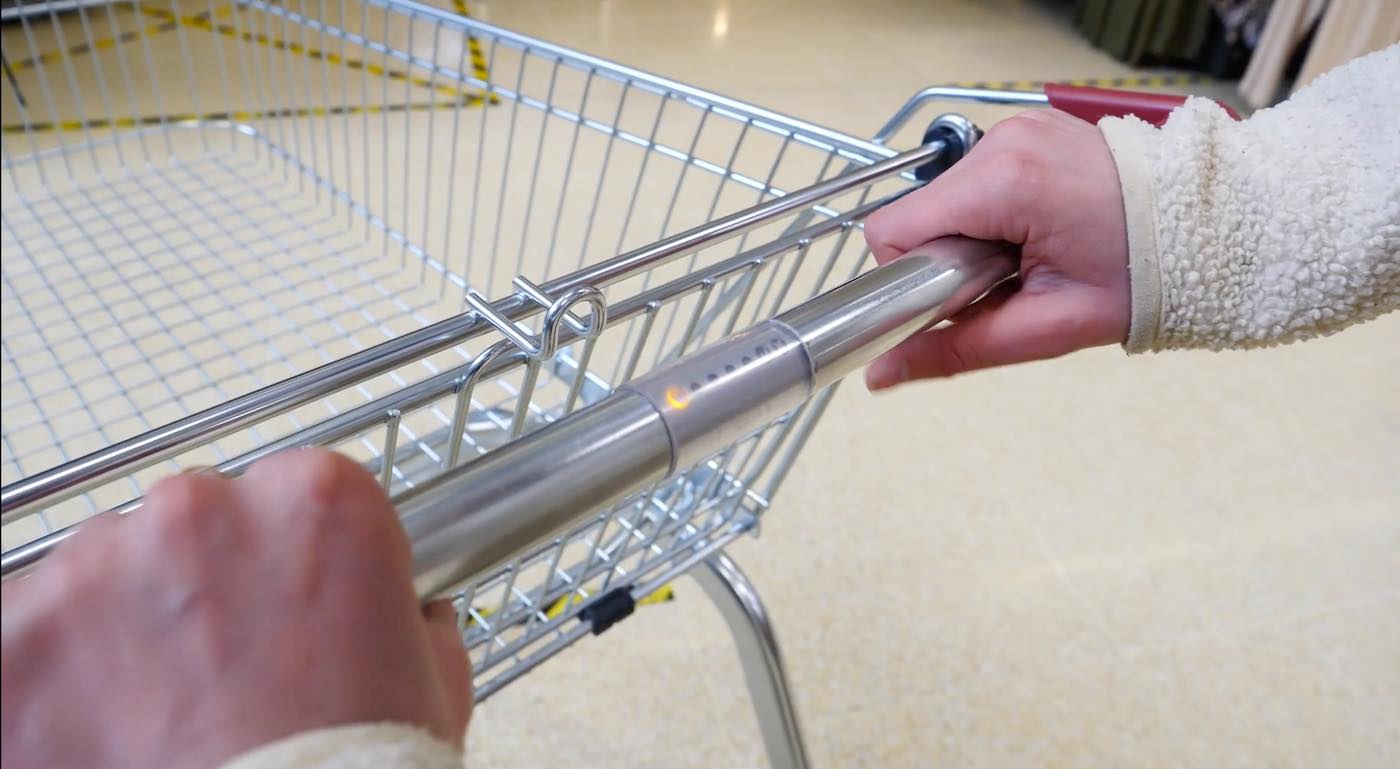
Supermarket carts in Liverpool, England, were fitted with sensors that could identify people at risk of a stroke—and dozens of willing participants were diagnosed.
Atrial fibrillation, or Afib, is a common heart rhythm disorder that causes blood clots to form in the heart and can cause breathlessness and extreme tiredness while doing simple of chores.
More than 40 million people around the world have atrial fibrillation, which increases the risk of stroke five-fold, but it’s a disorder that can be spotted with a simple pulse check.
2,155 adults volunteered to participate in the study, organized by a team from Liverpool John Moores University. Professor Ian Jones sought to test the possibility of giving health checks to people out in public without disrupting their daily routines.
“Over the course of two months, we identified 39 patients who were unaware that they had atrial fibrillation. That’s 39 people at greater risk of stroke who received a cardiologist appointment.”
Jones got help from the University’s engineering department which modified the carts, adding electrocardiogram (ECG) devices embedded into the handles. The light would show as red if an irregular heartbeat was detected; otherwise it stayed green.
The team rolled out the carts (seen in the video below) to shoppers who volunteered to participate at four city supermarkets, including Sainsbury’s and Lloyds Pharmacy stores. They browsed the supermarket aisles after being asked to hold the bar for at least 60 seconds before releasing.
RELATED: Stroke Recovery Improved for 70% of Patients Taking Celery Seed Drug
An in-store pharmacist then did a manual pulse check and a second sensor-reading, this time using a standalone bar not attached to a cart, with the participant standing still.
“Nearly two-thirds of the shoppers we approached were happy to use a trolley,” said Jones, the lead author of the study’s report presented yesterday at a European Society of Cardiology meeting in Edinburgh. “The vast majority of those who declined were in a rush, rather than wary of being monitored.”
“This shows that the concept is acceptable to most people and worth testing in a larger study.”
Over the course of the SHOPS-AF study, a cardiologist reviewed data from any volunteer with a red light or irregular pulse. Participants were informed of the results, and those with unclear ECGs got an invitation to repeat the measurement. Those who were confirmed to have Afib were given a cardiologist appointment within two weeks, courtesy of the UK health system, NHS.
POPULAR: Sunshine Could Ward Off Dementia and Strokes: First-Ever Direct Link to Vitamin D Found
220 participants either had a red light on the sensor and/or an irregular manual pulse check, but only between one-quarter and one-half of those were officially diagnosed as having atrial fibrillation—and Jones has ideas about adjustments that need to made for the system to be more accurate.
“For example, having a designated position on the bar to hold onto, as hand movement interfered with the readings.
“In addition, the European Society of Cardiology Guidelines require just a 30 second ECG to diagnose atrial fibrillation, so we aim to find a sensor that will halve the time shoppers need to continuously hold the bar.”
Blood thinning medications substantially lower the future risk of stroke, but too many people only discover they have the condition when it is too late. Screening programs like this could identify vulnerable individuals so they can be treated.
GREAT NEWS: People Over 70 Who Walk Just an Extra 500 Steps a Day Lower Risk of Heart Failure or Stroke by 14 Percent
“Checking for atrial fibrillation while people do their regular shopping holds promise for preventing strokes and saving lives,” says Jones.
A crucial aspect would be providing immediate access to a health professional who can explain the findings.
HAVE a HEART–Share This on Social Media to Inspire Others…




















